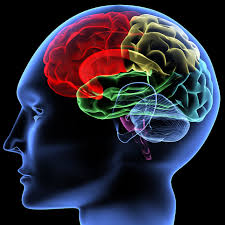Influences of prenatal and postnatal stress on cognitive function and fear memory consolidation
Keywords:
Brain, Cognition, Consolidation, Prenatal stress, Learning and memoryAbstract
Stress can be defined as the brain response to any demand. Maternal exposure to stress during pregnancy may have negative effects on fetal and infant neurodevelopment, including delayed mental and motor development, difficult temperament, and impaired cognitive performance. Some of these effects are seen on brain structure and function and in the risk for later depression and posttraumatic stress disorder. Stress in adolescence appears to have lasting effects on brain regions such as the hippocampus and alters mood and anxiety-related behaviors in animal models, as well as cognitive function. The brain is the key organ of the response to stress because it determines what is threatening and, therefore, potentially stressful, as well as the physiological and behavioral responses which can be either adaptive or damaging. Stressors in adult life alter neuronal morphology in brain regions such as the hippocampus, amygdala, and prefrontal cortex and influence learning, anxiety, executive function, and somatic-visceral functions. Exposure to stress and stress hormones during the prenatal period, infancy, childhood, adolescence, adulthood or aging, has an impact on brain structures involved in cognition and mental health. As demonstrated in the above, generally stress can have wide ranging effects on emotions, mood and behavior.

Published
How to Cite
Issue
Section
Copyright (c) 2020 Maryam Nazari, Hossein Rajabzadeh, Masoumeh Dadkhah, Ali Boustani

This work is licensed under a Creative Commons Attribution-NonCommercial-NoDerivatives 4.0 International License.



